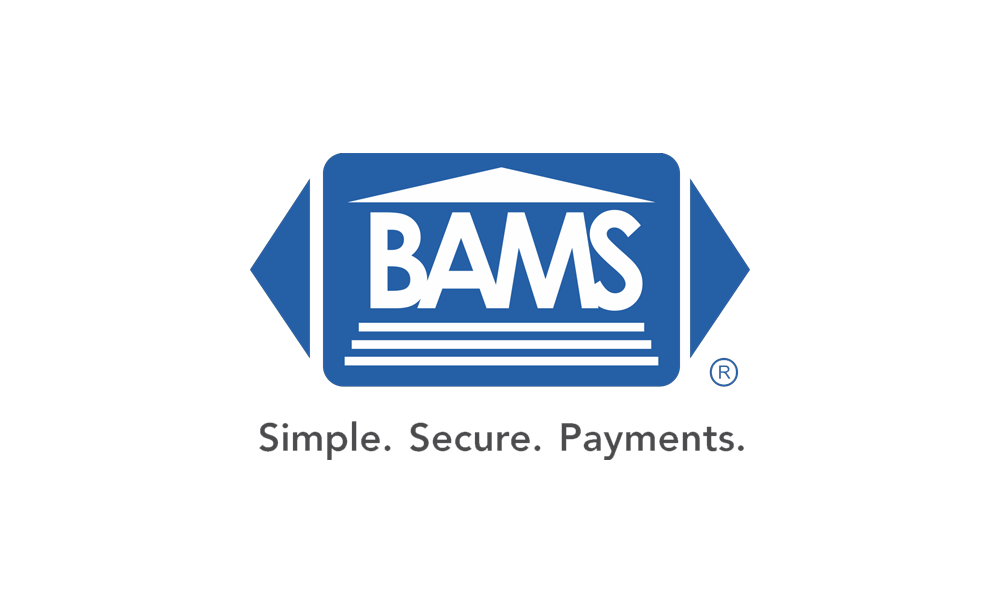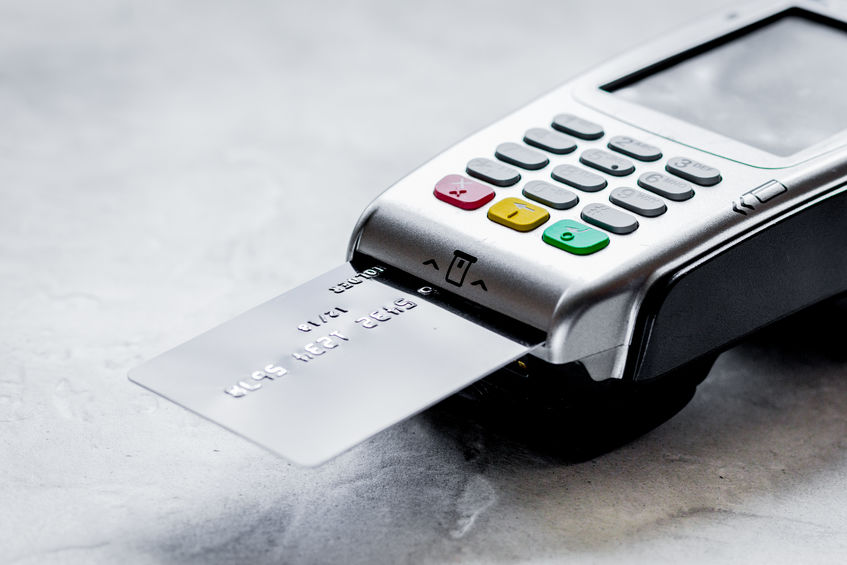Four Common Payment Processing Myths You Can’t Afford To Continue Believing
Plastic is now the preferred payment method of choice for consumers across the globe, and accepting card payments is no longer an option for serious businesses. Unfortunately, a number of myths surrounding payment processing still muddy the waters and keep some businesses from taking the leap. Those myths are generally rooted in old information from a time when getting set-up to accept credit cards wasn’t all that easy, but those days are long gone. Here are four of the most persistent of those myths, and how they diverge from the reality of modern payment processing.
Myth One: PCI compliance is only required for merchants doing high transaction volumes.
Fact: This could not be more incorrect. If you’re accepting credit card payments, you’re expected to be PCI compliant no matter how many transactions you process. There is no compliance floor that excuses merchants from keeping their customers’ payment information and personal data secure. Even if your business only processes a single credit card payment, failing to meet PCI compliance standards could be extremely costly, both financially and from a reputation perspective.
When you partner with BAMS, our team of PCI compliance experts will reach out to lead you through the compliance process, making it easier than ever to offer your customers the security they need.
Myth Two: Processing fees are profit-killers.
Fact: There is no getting around payment processing fees, but the idea that they hurt overall profitability is just crazy. In reality, a number of studies have shown people actually spend more money when they pay with credit cards. The exact reason isn’t clear, but it probably has to do with the fact that paying with a credit card doesn’t feel the same as paying through other means like cash or cheque because you aren’t actually handing something over. The result is that, while accepting credit cards does involve paying the associated fees, you’ll actually sell more by offering card payments, making the fees more than worthwhile.
At BAMS, our goal is always to save you money, and our 5-step price comparison and quotation process are designed to show you exactly how we can help you lower your transaction fees.
Myth Three: From a merchant perspective, all credit cards are created equal.
Fact: Banks recognize multiple levels of credit cards. The common consumer cards most people carry in their wallets are considered level one cards. But corporate and government credit cards are considered level two and level three, and they’re eligible for lower interchange fees thanks to their relative reliability. The catch is, to access those lower interchange fees on your processed transactions, your payment processing software has to be set up to handle these types of cards.
The data-entry associated with level 2 and level 3 cards can be a headache, but BAMS is designed to automate that process, allowing you to easily reap the benefits of the lower fees that come along with corporate and government card purchases.
Myth Four: Chargebacks are a fact of life, and there is no way to mitigate them.
Fact: While it’s true that some chargebacks are completely legitimate, unfortunately, a large number of them are fraudulent. Merchants that aren’t set up to properly handle chargebacks lose huge amounts of money each year to these shady disputes, but merchants aren’t powerless, and fraudulent chargebacks can be detected and minimized. The key is vigilant monitoring and timely responses, and a good payment processor can provide the tools necessary to do both.
BAMS provides a full suite of tools to help manage and minimize chargeback losses, including instant dispute updates, online dispute management, cardholder authentication tools, and more.
BAMS is the industry leader in affordable electronic payments solutions, and thousands of merchants across the globe, including some of the world’s biggest brands, trust us for their payment processing. Contact us today to find out more about how we can help your business accept electronic payments and as easily and cost-effectively as possible.




